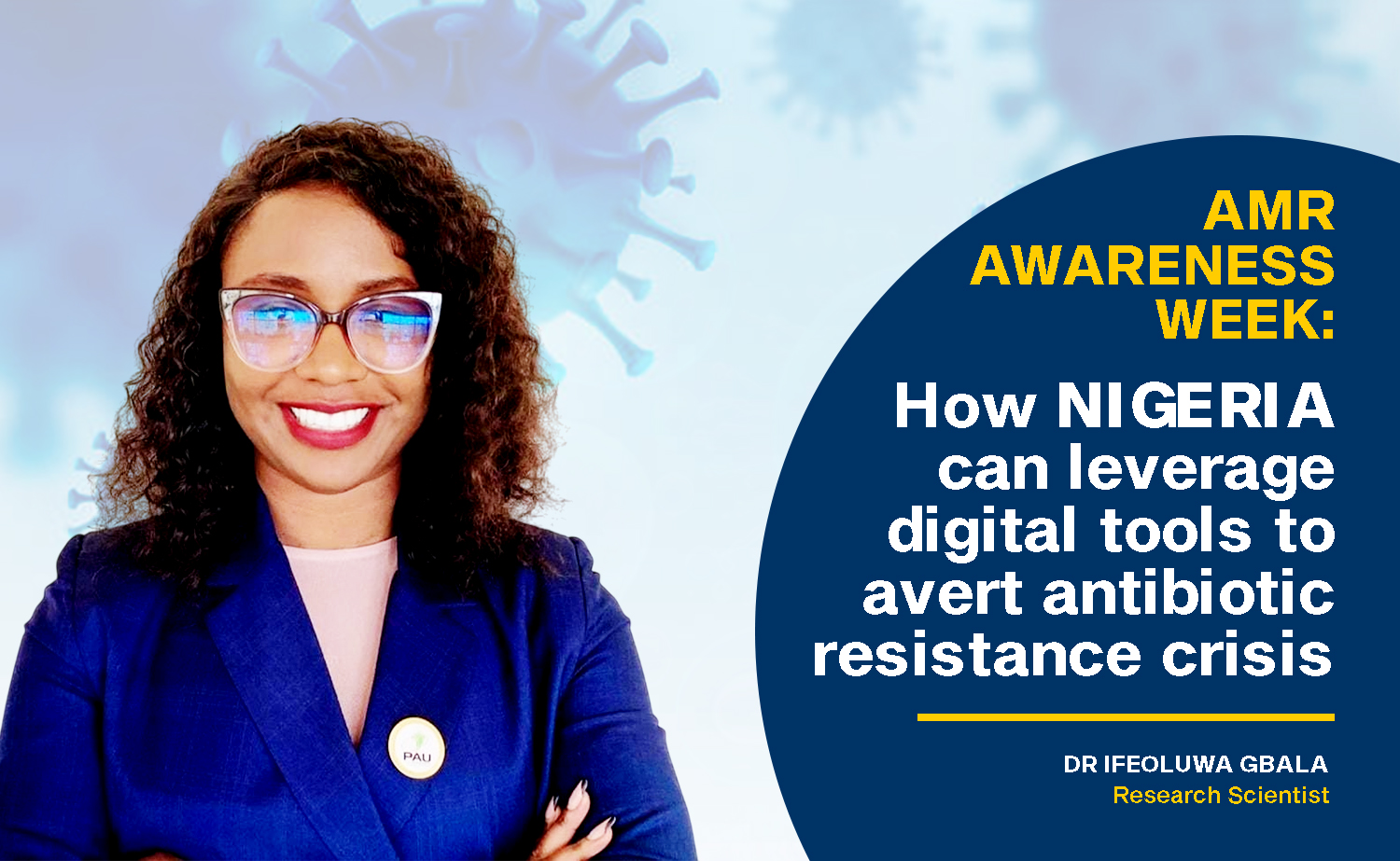Antibiotic resistance is a growing public health concern, threatening the effectiveness of one of modern medicine’s most significant achievements. This crisis endangers lives and poses a severe challenge to healthcare systems worldwide.
As the world marks Antimicrobial Resistance (AMR) Week from November 18 to 24, themed “Preventing Antimicrobial Resistance Together,” Nigeria faces an urgent call to action.
Read also: CDC acknowledges Nigeria’s role in strengthening health Innovation
Understanding the antimicrobial resistance crisis
Statistics from the Nigeria Centre for Disease Control (NCDC) indicate that over 70 percent of common bacteria in clinical samples are resistant to at least one antibiotic, and multidrug-resistant organisms are increasingly prevalent in hospitals. These trends emphasise the importance of amplifying awareness about antimicrobial resistance during AMR Week and beyond.
In an interview with Techpression, Dr Ifeoluwa Gbala, a medical microbiologist with a PhD in Molecular Biology and Biotechnology, emphasises the severity of antibiotic resistance in Nigeria. She notes that “approximately 700,000 deaths occur globally every year due to antibiotic-resistant infections, a number that is projected to rise to 10 million by 2050 if no action is taken.”
The implications for Nigeria are dire. The lack of effective antibiotics could reverse decades of medical progress, making even routine surgeries and infections potentially fatal. The nation can avoid deepening this crisis with innovative strategies, including media-driven awareness campaigns.
Dr Gbala highlights inadequate surveillance systems as a critical factor hindering efforts to track resistance patterns. She adds, “We lack the infrastructure to comprehensively monitor resistance trends, making it difficult to implement effective interventions.”
This gap emphasises the need for digital tools to facilitate real-time tracking and reporting of antibiotic misuse and resistance data.
Factors contributing to antibiotic resistance
Several factors contribute to the rise of antibiotic resistance in Nigeria. Dr Gbala identifies the over-prescription of antibiotics, poor regulatory frameworks, and lack of public awareness as key contributors. “Many patients believe that antibiotics can cure viral infections, leading to inappropriate use,” she explained.
The agricultural sector also plays a significant role, with antibiotics used indiscriminately in livestock and crops. The NCDC has also raised concerns of the agricultural sector’s contribution to antibiotic resistance as antibiotic residues from livestock can contaminate our environment and food supply.
Read also: Bubbl acquires $350K pre-seed funding, aims to rival Glide
Leveraging media to combat AMR
Public awareness campaigns are crucial in shifting perceptions about antibiotic use. Traditional and digital media platforms offer a unique opportunity to disseminate information, educate communities, and encourage behaviour change. Social media campaigns, mobile health apps, and public service announcements on radio and television can effectively reach diverse demographics.
Dr Gbala emphasises, “education is key to changing public perceptions about antibiotics. We must inform people that antibiotics are not a cure-all and should only be used when prescribed by a qualified healthcare professional.”
Additionally, the media can play a pivotal role in advocating for stricter regulations on antibiotic use in agriculture and healthcare. Nigeria can rally stakeholders to implement effective policy changes by spotlighting these issues during AMR Week.
To combat antibiotic resistance, Dr Gbala advocates for a multi-faceted approach involving government, healthcare professionals, and the public. She underscores the importance of “strengthening surveillance systems to monitor antibiotic use and resistance patterns effectively.”
According to her, digital platforms can bridge gaps in surveillance, enabling healthcare providers to make informed decisions while promoting responsible antibiotic use. Social media and mobile apps can facilitate real-time reporting of misuse, while traditional media campaigns can reinforce the urgency of the crisis.
Addressing the antibiotic resistance crisis requires a concerted effort from all sectors of society. Dr Gbala succinctly states that “the fight against antibiotic resistance is not just a healthcare issue; it’s a societal challenge that requires a unified response.”
As stakeholders leverage traditional and digital tools to amplify awareness, Nigeria can make significant strides toward protecting its population from this growing threat.
